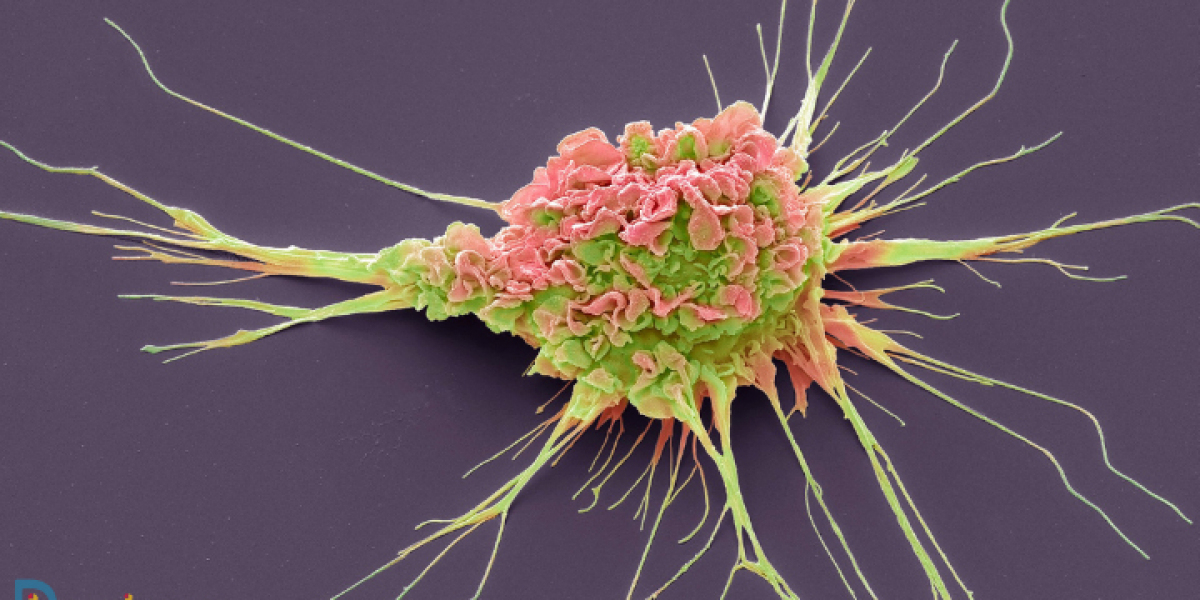Current Standard of Care
The current management of DMD focuses on slowing disease progression and maintaining quality of life:
- Corticosteroids – Prednisone and deflazacort are widely used to reduce inflammation, prolong muscle strength, and delay complications. However, long-term use can cause side effects such as weight gain, osteoporosis, and behavioral changes, leading researchers to explore alternatives.
- Supportive Care – Physical therapy, respiratory support, and cardiac monitoring are crucial for managing complications as the disease progresses. Non-invasive ventilation (NIV) and treatments for cardiomyopathy are vital to extending life expectancy.
Transformative Therapies
Innovative therapies are revolutionizing the DMD treatment space by targeting the underlying genetic causes of the disease:
- Exon Skipping
Exon-skipping therapies enable cells to “skip over” faulty sections of the DMD gene, allowing for the production of shorter but functional dystrophin proteins. Eteplirsen (Exondys 51), viltolarsen (Viltepso), and golodirsen (Vyondys 53) have shown promising outcomes for patients with specific mutations. - Gene Therapy
Gene therapy aims to introduce functional copies of the dystrophin gene into muscle cells to restore protein production. SRP-9001 from Sarepta Therapeutics is a leading candidate, with early trials demonstrating improved motor function. However, challenges around delivery methods and durability remain under investigation. - Cell and Regenerative Therapies
Stem cell research is exploring ways to regenerate damaged muscle tissue. Although these treatments are still in experimental stages, they offer the potential for long-term solutions. - Myostatin Inhibitors
Myostatin inhibitors promote muscle growth by blocking proteins that limit muscle development. These therapies, such as Pfizer’s domagrozumab, aim to enhance muscle mass and delay disease progression.
Future Directions
The evolving landscape of DMD treatments reflects a shift from symptom management to disease-modifying approaches. Combination therapies—such as exon skipping with gene therapy—offer new avenues for addressing the heterogeneity of the disease. Advances in CRISPR-based gene editing also hold potential for precise genetic correction, though these techniques are still under development.
As more therapies progress through clinical trials, collaboration between pharmaceutical companies, researchers, and patient organizations will be essential to improve access and ensure equitable treatment worldwide. The growing diversity of treatments signals a future where DMD may become a more manageable condition, significantly improving outcomes and life expectancy for patients.
Latest Reports
Age-related Macular Degeneration Market | Alagille Syndrome Market | Alopecia Market | Anal Cancer Market | Atopic Keratoconjunctivitis Akc Market | Burn Market | Chronic Obstructive Pulmonary Disease Market | Epithelioid Sarcoma Market | Healthcare Competitive Benchmarking | Healthcare Subscription Models | Hemodynamic Monitoring Systems Market | Hepatitis D Market | Intracranial Pressure Monitoring Devices Market | Neuroprosthetics Market | Pemphigus Vulgaris Market | Premature Ejaculation Market | Thrombocytopenia Market | 3d Cardiac Mapping System Market | Absssi Market | Absssi Market Size | Acute Pain Market | Aesthetic Implants Market | Allergic Rhinitis Market | Alpha Antitrypsin Market | Angioedema Market | Arthroscopy Devices Market | Athelete’s Foot Market | Automated External Defibrillators Market | Autosomal Recessive Congenital Ichthyosis Market Size | Carcinoid Tumor Market | Chronic Obstructive Pulmonary Disease Copd Market








